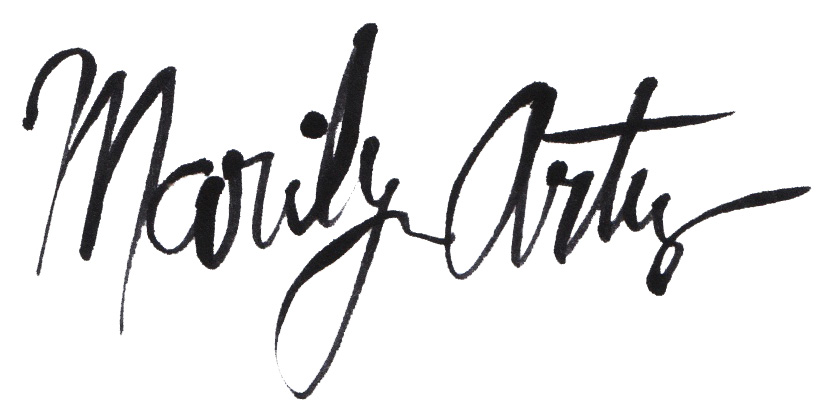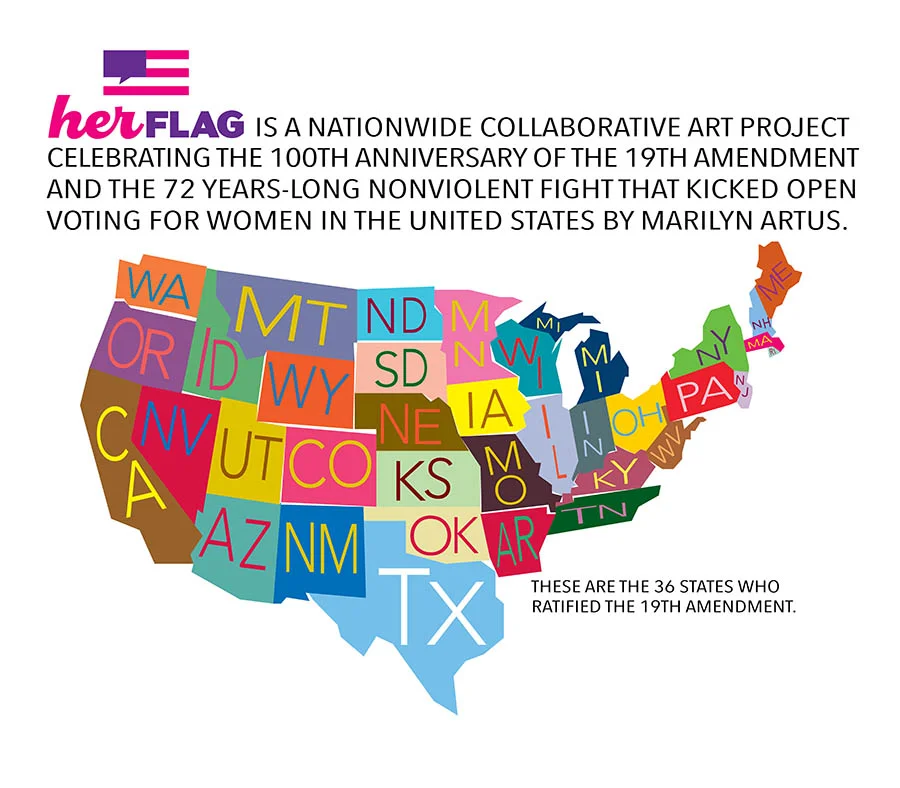ARTIST STATEMENT FROM MARILYN ARTUS (MOM)
What do you do when your son is just released from a psychiatric hospital to help him heal? If you are artists, you make art together. My son Austin had a mental break and Schizophrenia was considered to be a possibility. He spent a week in the hospital, then came home to heal and begin recovery. Eventually the diagnosis of Schizophrenia was dropped. And it was discovered that he was suffering from depression and anxiety.
I have had mental illness as part of who I am as well. Depression began developing for me when I was 13. It wasn’t until much later in my adult life that I was diagnosed and began talk therapy. I take medication and have it managed. Mental illness is hereditary, my father has been hospitalized twice with depression. But, like me he has worked hard to be and stay recovered and mentally healthy. When Austin began showing signs of Depression, it was heartbreaking to say the least.
While in the hospital he was sketching and writing poems. When he came home, we selected some of the drawings and began translating them to canvas. He would sketch, then pass the canvas to me I would paint or embroider. We passed the works back and forth until we felt like they were completed. Austin and I were both hurting and the act of creating helped us to channel our communication through his healing. Some of these pieces were very hard as a parent to work on. I was looking at and helping to create a visual of his pain.
He was in his junior year of college when this illness hit him. It took roughly 2 years before he was on solid ground again. He went back to college virtually in the middle of the pandemic of 2020. Austin completed his degree in the fall semester of 2021 from the University of Science and Arts of Oklahoma in Chickasha. He received a degree in Theater Arts with a minor in the Psychology of Gender.
We talk honestly about mental illness and our struggles. Depression kills and until we can strip away the shame and stigma of acknowledging mental illness it will continue to do so. We hope this show can shine a light on this debilitating medical condition. If you struggle with mental illness perhaps you will see your own pain reflected back to you and not feel so alone, or If you have never known this pain our hope is that you can get a glimpse of what this might feel like.
ARTIST STATEMENT FROM AUSTIN ARTUS (SON)
It’s hard to be vulnerable. It can be uncomfortable, cumbersome, and painful to open up. Growing up in a house cast in the shadow of depression complicates things further. I didn’t understand what was wrong or how I could help make things better. I never wanted to burden my mother with the weight of a loved one's despair. Growing up I struggled to express dissatisfaction and frustration to my family. I was painfully aware of my royal flush of privileges and felt as though my heart aches could never be justifiable when others made do with less. I even went so far as to make a promise to myself that I would never cry if it would make others feel sad on my behalf. While trying to uphold that promise I was paralyzed to tell my mother about my depression out of a fear that she might weep the tears that I refused to.
At my lowest point my mother suggested that we work through trauma by creating together. Making the first six pieces of the collection was hard work. Each piece captures a moment of extreme vulnerability and dissatisfaction. However, every time we completed a piece that vulnerability, and dissatisfaction left me. I no longer felt the burden of my traumas because my mother had helped me to set them down in each piece.
The second half of the show is a little stranger. For you see I no longer carry my sadness with me. I don't feel the same way I did when I made all these pieces, so when I look at them they invoke an entirely new set of emotions, and so for the second half of the show we set out to capture those feelings too. We captured the feeling of pride that I felt having come so far, we captured the uncomfortable acknowledgement of my privilege’s role in my recovery, we captured the joy of collaboration, and a gratitude that I think is easier to visualize than convey with words.
To me this collection is about struggling to find help in a world that has socially conditioned its inhabitants to hide their vulnerabilities under a mask of rugged individualism and what happens when that person bottles up their weaknesses. To me It’s about overcoming the stigma of the soft side, the dysphoria of checked privilege, it’s an admission of failures, an acknowledgement of growth, and finding solace in sharing with others. It’s the story of how I learned to tell my mother how I really felt, and the story of how she learned to listen.
Her Flag premiered at the Clinton Presidential Library in Little Rock, Arkansas, August, 2020.


